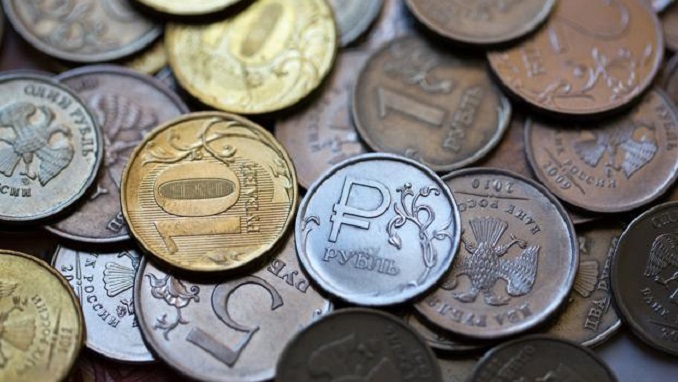The potential impact of the coronavirus epidemic on the Russian economy is difficult to evaluate, Bank of Finland’s Institute for Economies in Transition (BOFIT) said in a report, according to bne Intellinews.
“Current information suggests the overall economic impact will remain low. However, if the epidemic widens, it poses significant risks to Russia’s economic development amidst deteriorating global economic conditions,” BOFIT said.
Russia has experienced two confirmed coronavirus cases. Both are Chinese nationals. Both made full recoveries and have been released from the hospital. Measures to prevent the spread of the coronavirus in Russia include restricting passenger traffic at China-Russia border crossings, limiting flights between Russia and China, and suspending visa-free travel for Chinese tourist groups.
So far the effect on the Russian economy has been transmitted indirectly by the effect on the commodity and capital markets. The ruble has lost about 4% of its value against the dollar since the start of the year and the RTS stock index is down about 1% from the start of the year after gaining over 10% in the first two weeks of the year.
“Commodity markets, however, have seen the price of Ural-grade crude plummet by 20% since the start of the year,” BOFIT reported.
Prices of many metals have also fallen as well. The value of Russian exports of oil, natural gas and metals accounted for approximately 17% of GDP last year. On the basis of the latest oil futures, the average price of oil should reach about $55 a barrel this year, according to BOFIT. Russia’s 2020 budget is set to show a slight surplus with Urals oil price of $42 a barrel in accordance with the government’s fiscal rule.
Russia’s tourism sector is already feeling the effects of the virus with a drop in Chinese tourists. The volumes of Chinese tourists arriving in Russia have swelled in recent years and they are among the top tourist groups in Russia.












